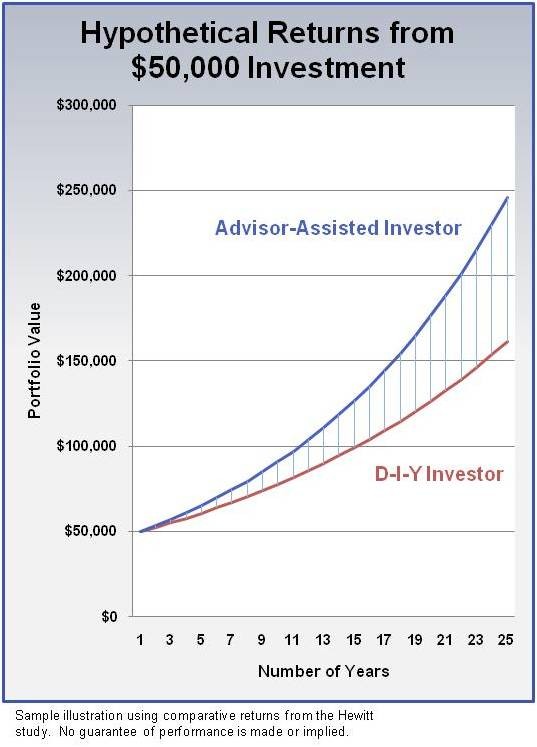Fiduciary Responsibility_1
Post on: 16 Март, 2015 No Comment

Dec 6, 2006
As a business owner, you are aware that it requires more than just your input to run your business in the most efficient and profitable manner. You also realize that you need to consult with experienced professionals to help manage certain aspects of your business. Your retirement plan operates in a manner similar to your overall business: there are many parties involved, and each operates in a capacity that is beneficial to the plan.
You should consider whether the parties involved with the operations of the plan hold fiduciary responsibility and, if so, what that means.
The Employee Retirement Security Act (ERISA) sets the standards of conduct for those who manage an employee benefit plan and its assets. A fiduciary is defined by ERISA as any person who:
- Exercises any discretionary authority or control over the plan’s management or the disposition of its assets.
- Renders investment advice with respect to plan funds or property for a fee or other compensation.
- Has any discretionary authority or responsibility in the administration of the plan.

Each plan must have at least one fiduciary (a person or an entity) named in the written plan document. A plan’s fiduciaries ordinarily include the plan sponsor, plan administrator, trustee(s), investment advisors and members of the plan’s administrative committee (if one exists).
The plan sponsor is the entity that established the plan (which is usually the employer). The plan administrator is responsible for managing the day-to-day or ministerial activities of the plan.
The plan administrator is usually not the person performing the day-to-day activities these functions are performed by others. Those who perform purely ministerial functions for the plan are not plan fiduciaries.
The terms plan administrator and pension administrator (commonly referred to as the TPA or third-party administrator) are often mistakenly regarded as synonymous terms. A pension administrator is not a fiduciary. Pension administrators are hired to provide ministerial services, which precludes them from fiduciary status.
Fiduciaries have the responsibility to:
- Act solely in the interest of plan participants and their beneficiaries and with the exclusive purpose of providing benefits to them
- Carry out their duties prudently
- Follow the plan document
- Diversify plan assets
- Pay only reasonable plan expenses
For additional information about meeting your fiduciary responsibilities, or to obtain a copy of the Department of Labor’s publication regarding this topic, please contact your Rea pension specialist.
This article was originally published in Illuminations: Facts & Figures from people with a brighter way, a Rea & Associates enewsletter, 12/6/2006.
Note: This content is accurate as of the date published above and is subject to change. Please seek professional advice before acting on any matter contained in this article.














